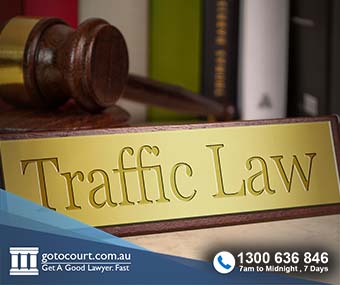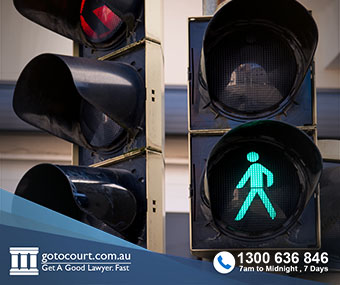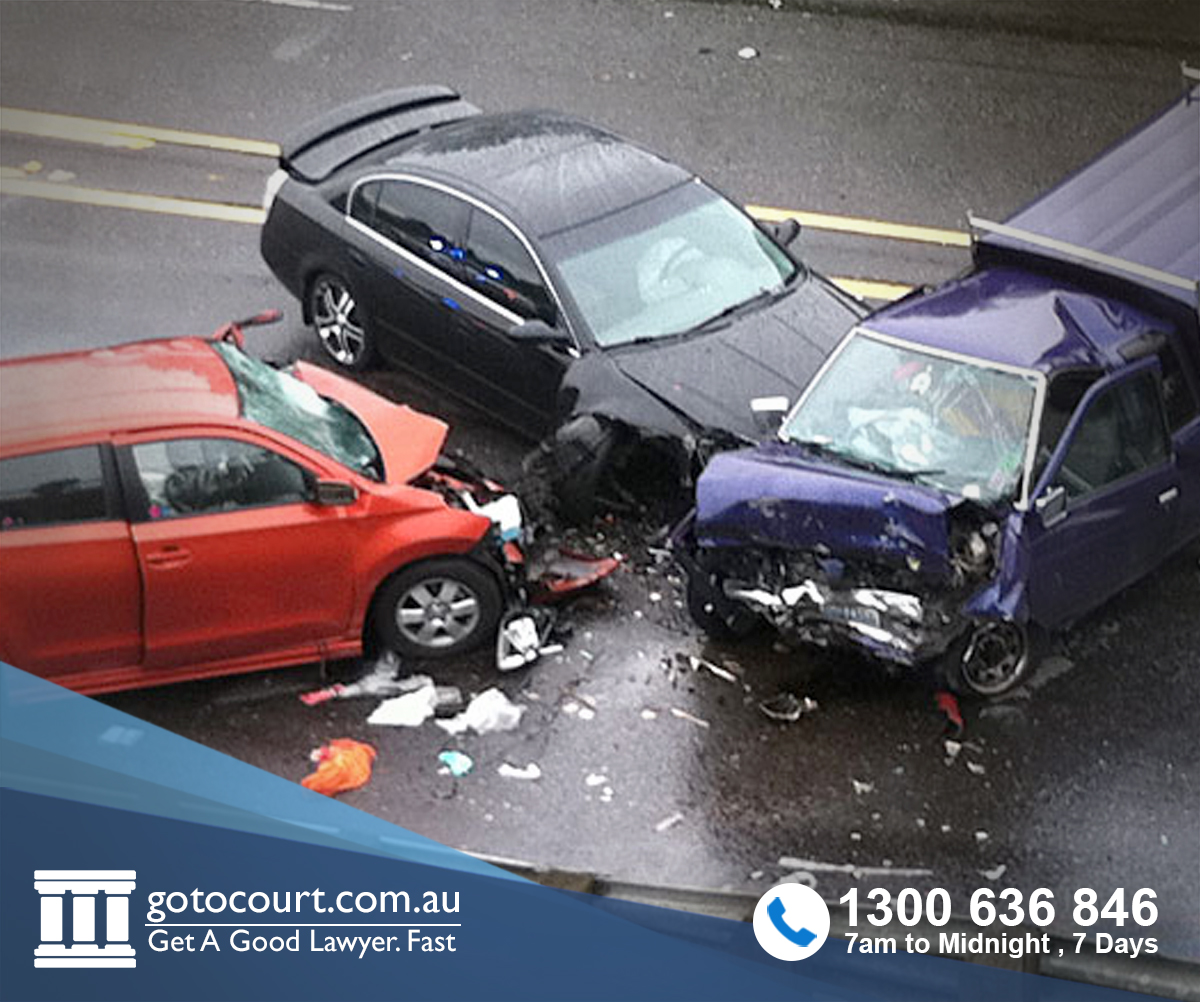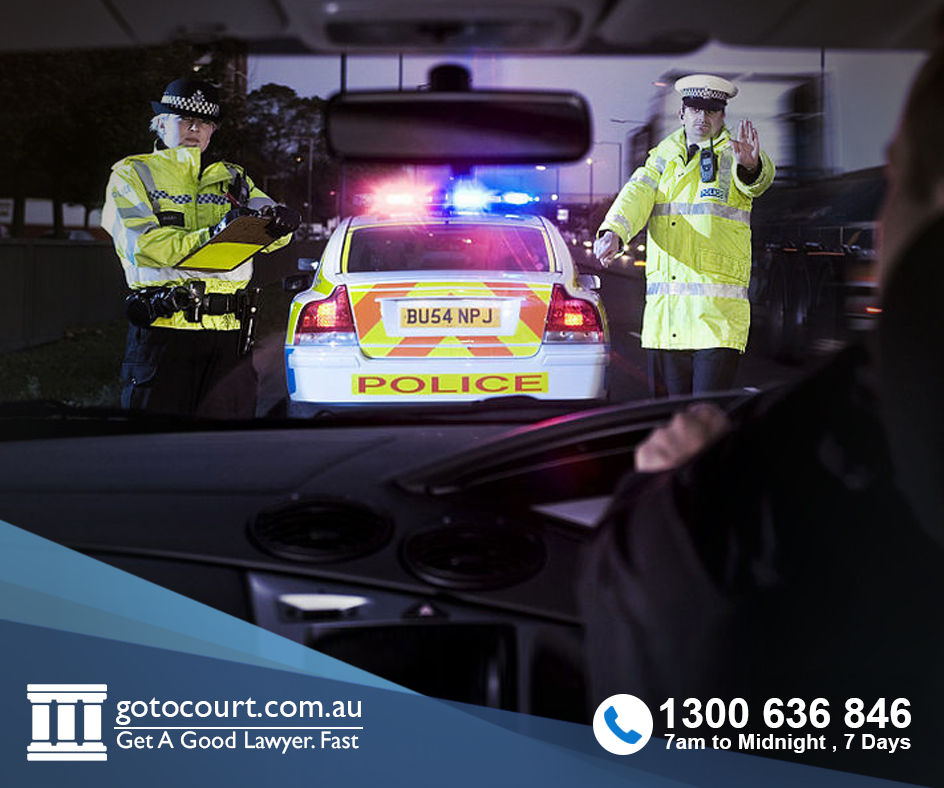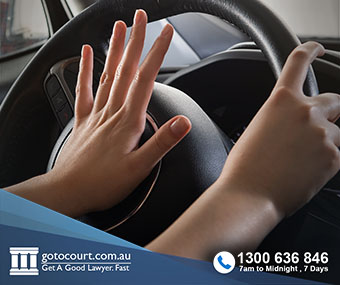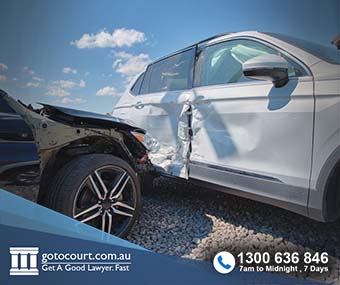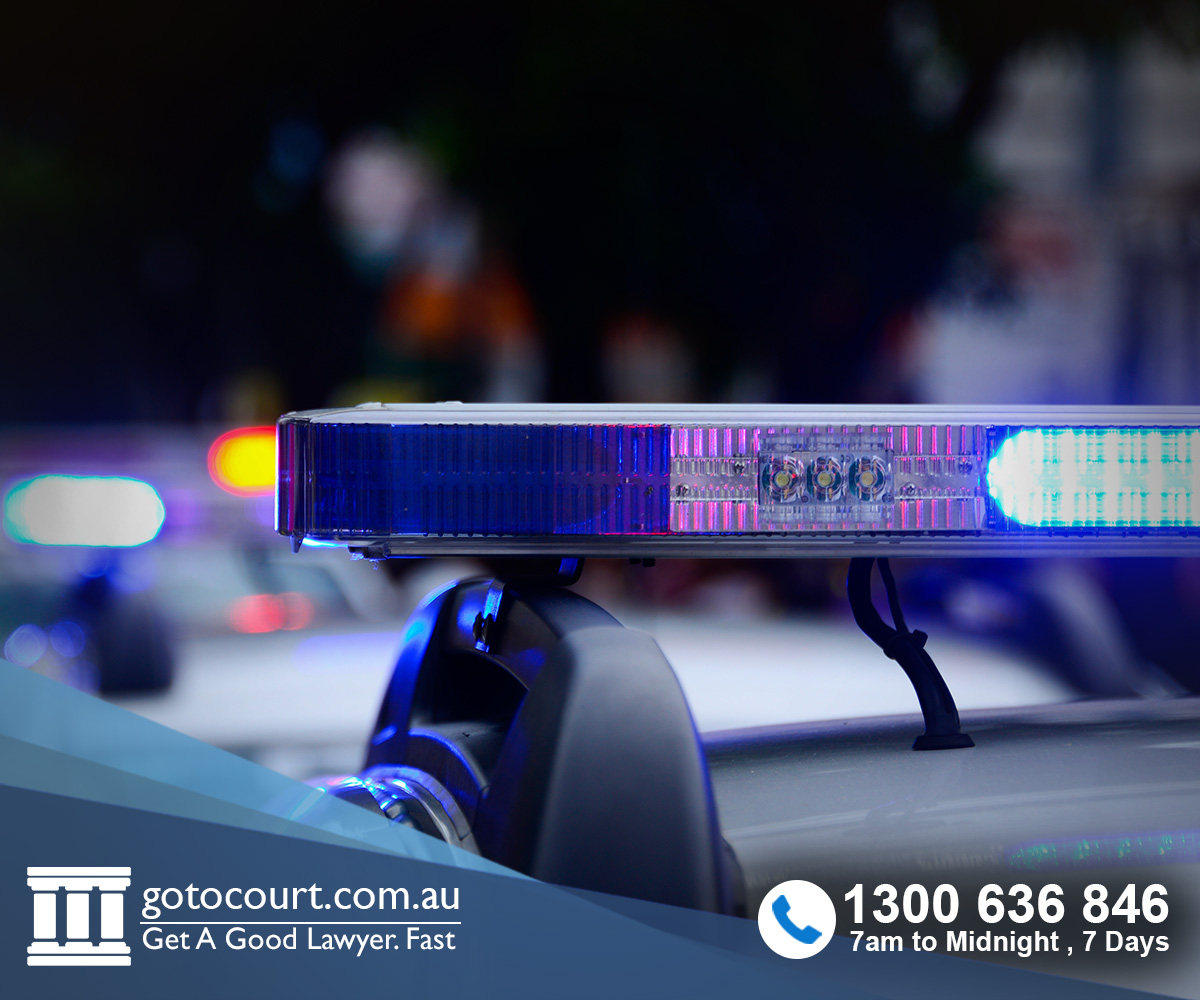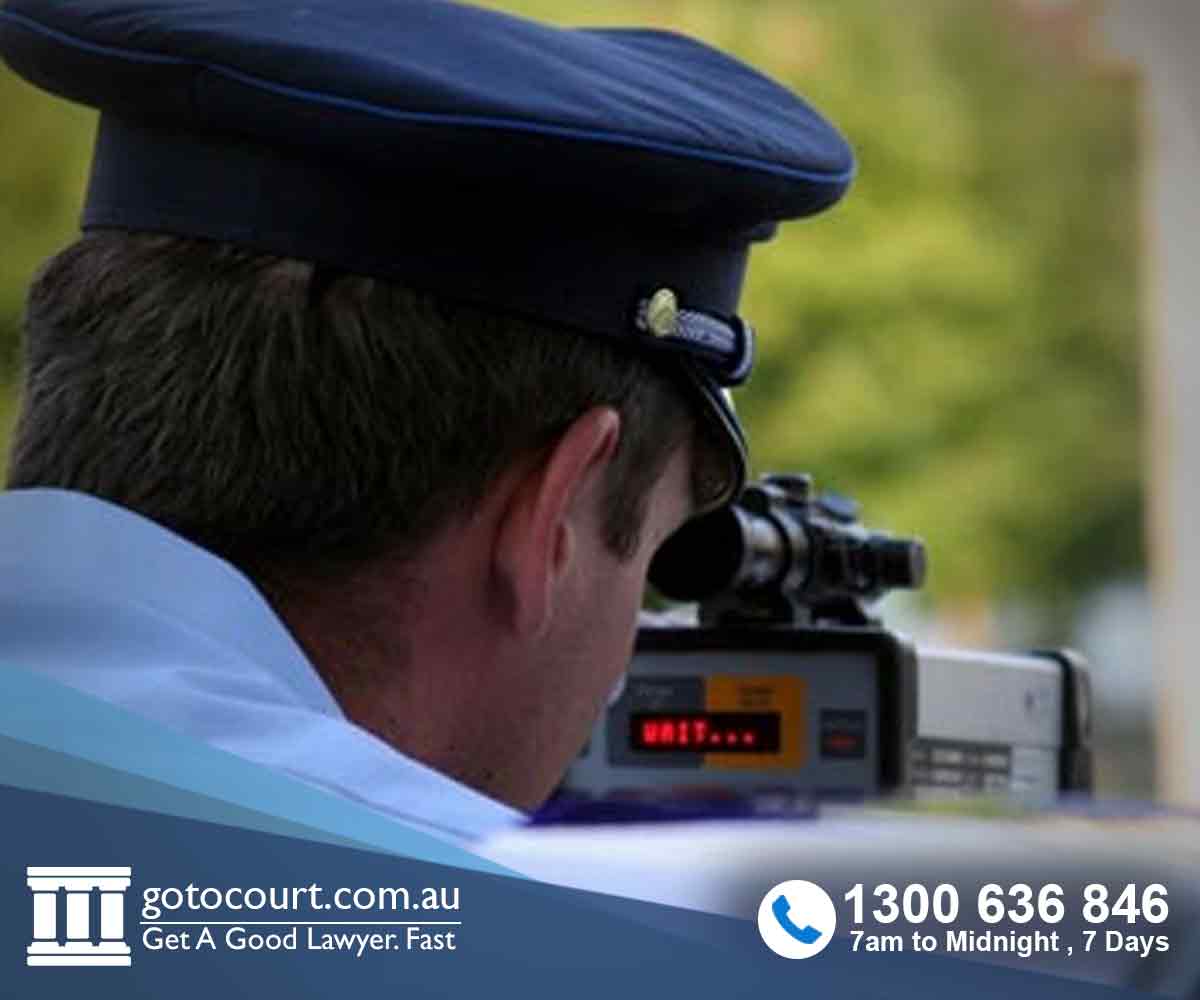Call our lawyers
now
or,
have our lawyers
call you
Police Vehicle Searches in New South Wales
Updated on Dec 23, 2022 • 5 min read • 240 views • Copy Link
Police Vehicle Searches in New South Wales
In New South Wales, the police are only permitted to search a motor vehicle with legal authority or reasonable suspicion. Essentially, police vehicle searches are only lawful when the police have a valid search warrant, the driver’s consent, or when there are reasonable grounds to suspect that there is evidence of criminal activity in the vehicle. This page looks at the police’s authority to perform vehicle searches in New South Wales.
Police Vehicle Searches NSW: Driver’s Consent
The police in New South Wales have the authority to stop cars randomly at a roadside checkpoint for a variety of purposes (such as to administer a breathalyser). Sometimes during these stops, the police will ask the driver for consent to look through the vehicle. This consent must be voluntary, so the police cannot coerce, trick or bully the driver into giving permission. However, the police are not required to inform the driver of their right to refuse a vehicle search. It is still considered voluntary consent even if a driver was unaware that they had the right to refuse permission.
Police Vehicle Searches NSW: Warrants
In NSW, the police can apply for a search warrant under the Law Enforcement (Powers and Responsibilities) Act 2002, the Crime Commission Act 2012 or the federal Crimes Act 1914. A warrant is a written order which gives the police the authority to enter, search and seize items from an identified property or vehicle. Judicial officers issue warrants after reviewing the evidence put forward by police.
The police can search a vehicle under warrant even if the driver or owner does not agree. It is an offence for anyone to obstruct the police when they execute a search warrant. However, a driver or owner can observe the search and take note of items that are removed by the police.
The police are required to provide a copy of the search warrant upon request, and inform the driver of the powers they have under the warrant. A driver or owner should carefully read the warrant, and if any of the details are incorrect (such as the car model or registration number), this should be pointed out to the police prior to the search.
Typically, a warrant gives the police the power to search a named space (such as a vehicle identified by licence plate), to remove specific items named in the warrant (such as weapons, drugs or drug paraphernalia, or cash) and to remove any additional items that the police reasonably believe is connected to a criminal offence. However, a warrant is not an unlimited licence. These documents only permit the police to search for a reasonable length of time, and the police must have a reasonable basis to remove items not specifically listed on the warrant.
Police Vehicle Searches: Reasonable Grounds
Section 36 of the Law Enforcement (Powers and Responsibilities) Act 2002 give the police in NSW the power to conduct a vehicle search even when they do not have consent or a warrant. Under this legislation, a police officer in NSW can stop, search and seize material from a vehicle without a search warrant if they have “reasonable grounds” to suspect that the vehicle was used during the commission of a criminal offence. Additionally, this authority to search extends to circumstances when the police reasonably suspect that a vehicle contains:
- prohibited drugs;
- stolen or unlawfully obtained property;
- evidence of a criminal offence;
- a dangerous article used in connection with a criminal offence (when the vehicle is in a public place or school grounds); or
- there is a serious risk to public safety when the vehicle is in a public place or on school grounds.
Under section 148 of the Law Enforcement (Powers & Responsibilities) Act, a police officer can use a sniffer dog without a warrant to determine whether there are drugs in a vehicle. If a sniffer dog signals the potential presence of drugs in a vehicle, this is considered reasonable grounds for a lawful search.
What Are Reasonable Grounds?
The NSW Court of Criminal Appeal clarified the meaning of “reasonable suspicion” in R v Rondo [2001]. In that case, Justice Spigelman stated that a “reasonable suspicion” is more than a “mere possibility”. All of the circumstances should be enough to create an apprehension in the mind of a reasonable person that some criminal activity has occurred. There must be some factual basis for this suspicion, even if the material itself would be inadmissible as evidence in a court.
Admissible Evidence
When the police do not have a warrant, consent, or reasonable grounds for a vehicle search, then any evidence discovered has been unlawfully obtained. However, this does not automatically mean that the evidence is inadmissible in court.
Under section 138 of the Evidence Act 1995, a court in New South Wales has discretion to admit improperly obtained evidence when the desirability of admitting the evidence prevails over the undesirability of condoning the unlawful search. When considering the admissibility of the evidence, the court may take into account the following:
- the probative value of the evidence;
- its importance to the criminal proceeding;
- the type of offence that is being charged;
- the gravity and deliberateness of the police’s impropriety;
- whether the impropriety was a violation of the International Covenant on Civil and Political Rights;
- the relative difficulty of obtaining the evidence through lawful means; and
- whether any proceeding (such as a police disciplinary hearing or court case) has investigated or is likely to investigate the impropriety.
Often, despite the evidence being unlawfully obtained, a court in NSW will still allow this evidence to be used in criminal proceedings.
Do you have any questions about the information outlined above? Please contact Go To Court Lawyers on 1300 636 846 for advice on this or any legal matter.


Affordable Lawyers
Our Go To Court Lawyers will assist you in all areas of law. We specialise in providing legal advice urgently – at the time when you need it most. If you need a lawyer right now, today, we can help you – no matter where you are in Australia.How It Works








1. You speak directly to a lawyer
When you call the Go To Court Legal Hotline, you will be connected directly to a lawyer, every time.


2. Get your legal situation assessed
We determine the best way forward in your legal matter, free of charge. If you want to go ahead and book a face-to-face appointment, we will connect you with a specialist in your local area.


3. We arrange everything as needed
If you want to go ahead and book a fact-to-face appointment, we will connect you with a specialist in your local area no matter where you are and even at very short notice.

